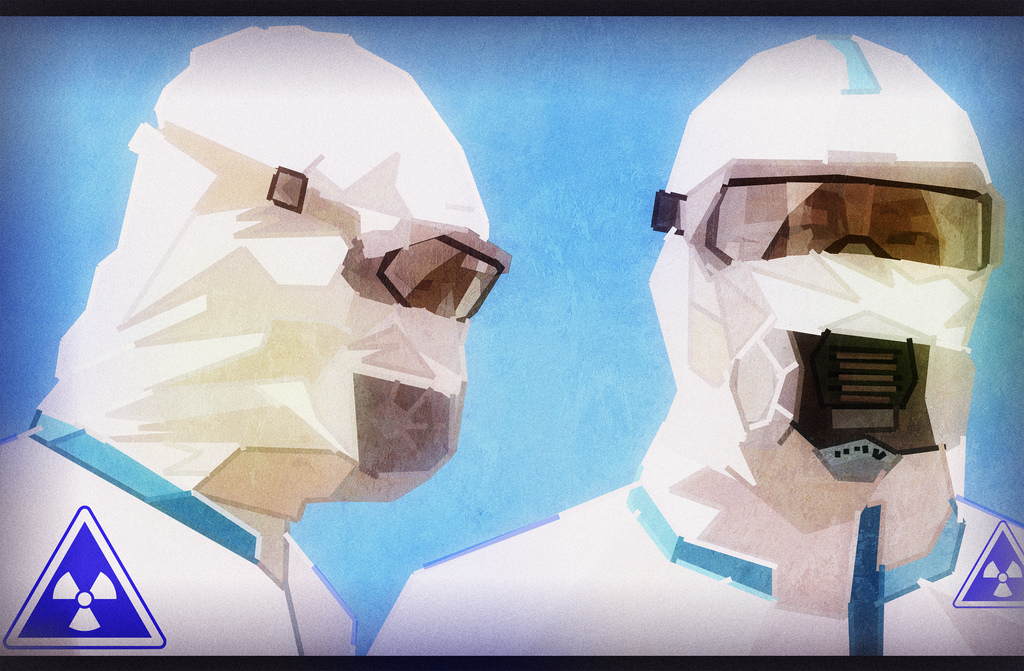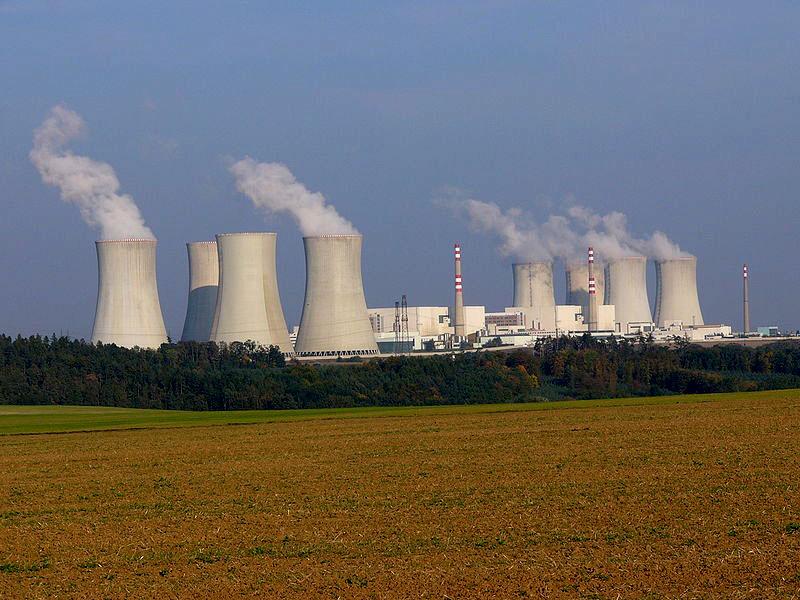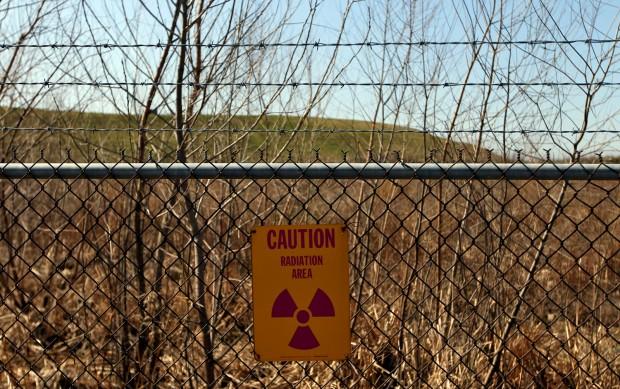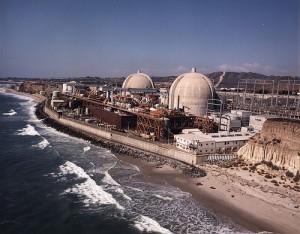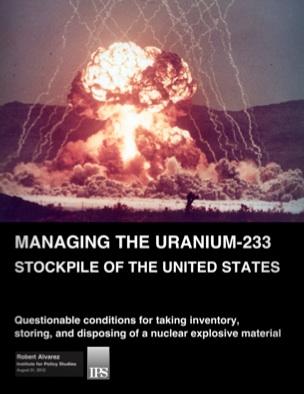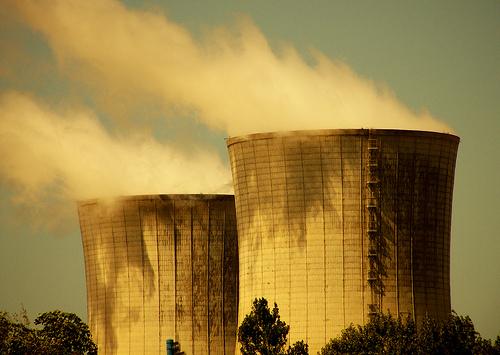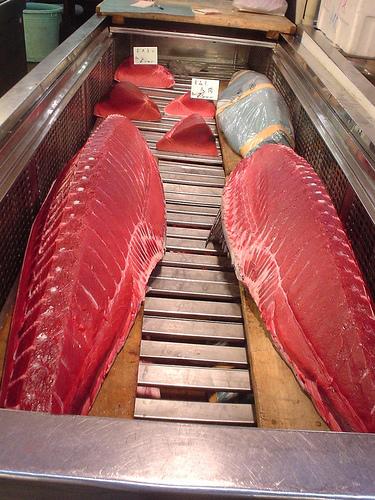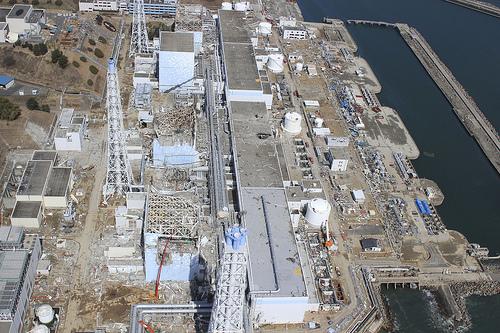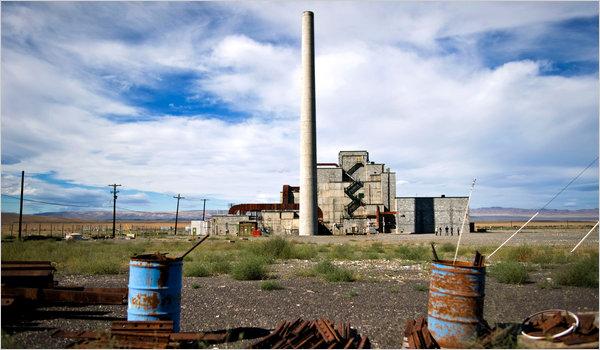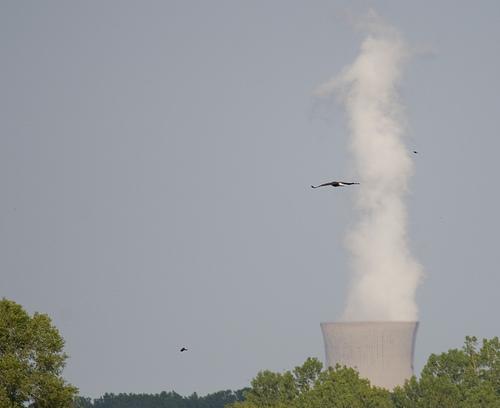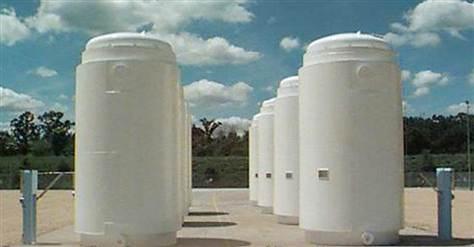Robert Alvarez is a Senior Scholar at IPS, where he is currently focused on nuclear disarmament, environmental, and energy policies.
Between 1993 and 1999, Mr. Alvarez served as a Senior Policy Advisor to the Secretary and Deputy Assistant Secretary for National Security and the Environment. While at DOE, he coordinated the effort to enact nuclear worker compensation legislation. In 1994 and 1995, Bob led teams in North Korea to establish control of nuclear weapons materials. He coordinated nuclear material strategic planning for the department and established the department’s first asset management program. Bob was awarded two Secretarial Gold Medals, the highest awards given by the department.
Prior to joining the DOE, Mr. Alvarez served for five years as a Senior Investigator for the U. S. Senate Committee on Governmental Affairs, chaired by Senator John Glenn, and as one of the Senate’s primary staff experts on the U.S. nuclear weapons program. While serving for Senator Glenn, Bob worked to help establish the environmental cleanup program in the Department of Energy, strengthened the Clean Air Act, uncovered several serious nuclear safety and health problems, improved medical radiation regulations, and created a transition program for communities and workers affected by the closure of nuclear weapons facilities. In 1975 Bob helped found and direct the Environmental Policy Institute (EPI), a respected national public interest organization. He helped enact several federal environmental laws, wrote several influential studies and organized successful political coalitions. He helped organize a successful lawsuit on behalf of the family of Karen Silkwood, a nuclear worker and active union member who was killed under mysterious circumstances in 1974.
Bob Alvarez is an award winning author and has published articles in prominent publications such as Science Magazine, the Bulletin of Atomic Scientists, Technology Review and The Washington Post. He has been featured in television programs such as NOVA and 60 Minutes.

